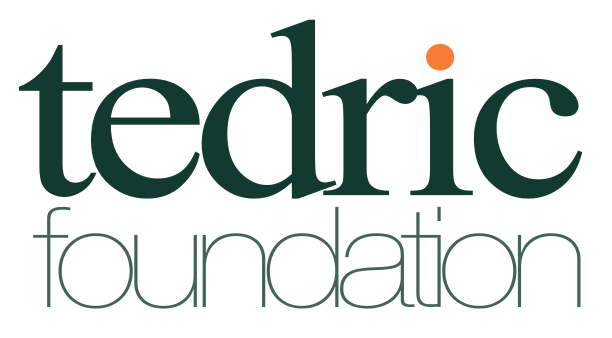
Religious in China
China officially recognizes five religions: Buddhism, Taoism, Islam, Catholicism, and Protestantism. However, the government is officially atheist and oversees these recognized religions through state-sanctioned patriotic religious associations, requiring them to uphold the Chinese Communist Party's leadership and promote its policies, such as the Sinicization of religion. Beyond these, many Chinese people also engage in folk religion and Confucianism, which are not officially recognized as formal religions (zongjiao).
Official Religions
- Buddhism:
- A major historical religion in China with practices of meditation, spiritual learning, and a belief in reincarnation.
- Taoism:
- A philosophical and religious tradition that emerged during the Spring and Autumn period.
- Islam:
- Appeared during the Tang dynasty and is one of the five recognized religions.
- Catholicism:
- Recognized as a formal religious body by the government.
- Protestantism:
- Also recognized as a formal religious body, often addressed separately from Catholicism.
Other Forms of Belief and Practice
- Folk Religion:
- A diverse and prevalent set of beliefs and practices often blended with Buddhist, Taoist, and polytheistic elements.
- Confucianism:
- While not considered a formal religion (zongjiao) by the government, its teachings on ancestor veneration are deeply integrated into many spiritual traditions in China.
